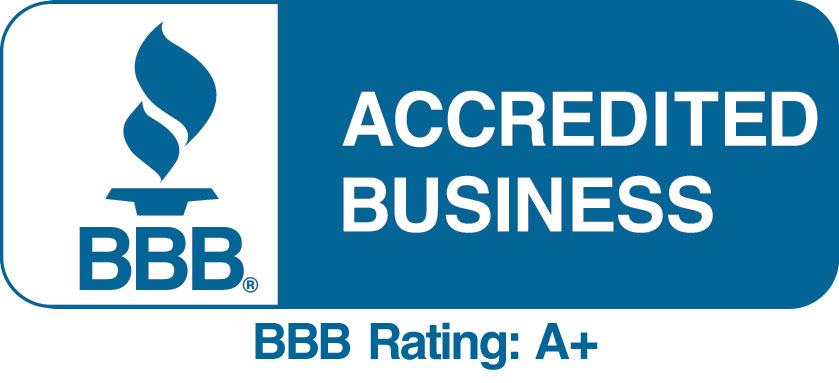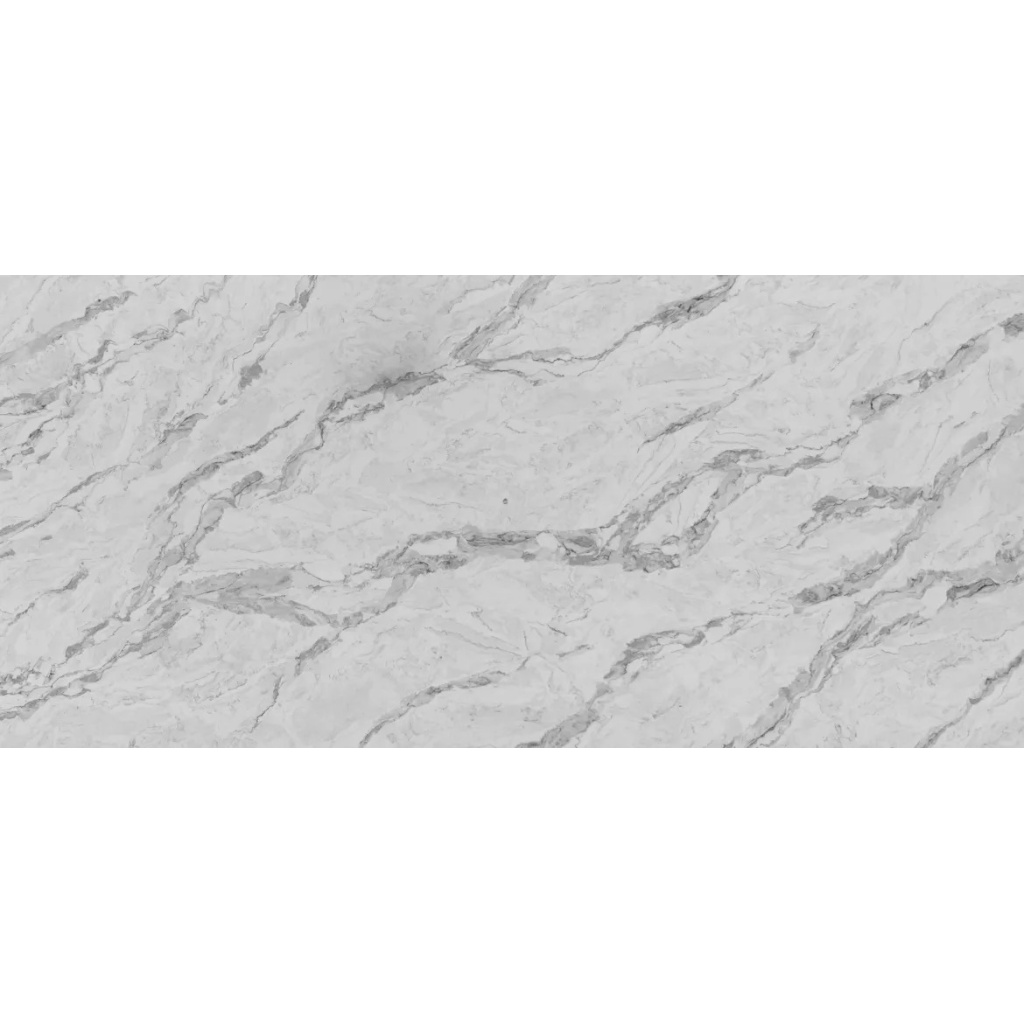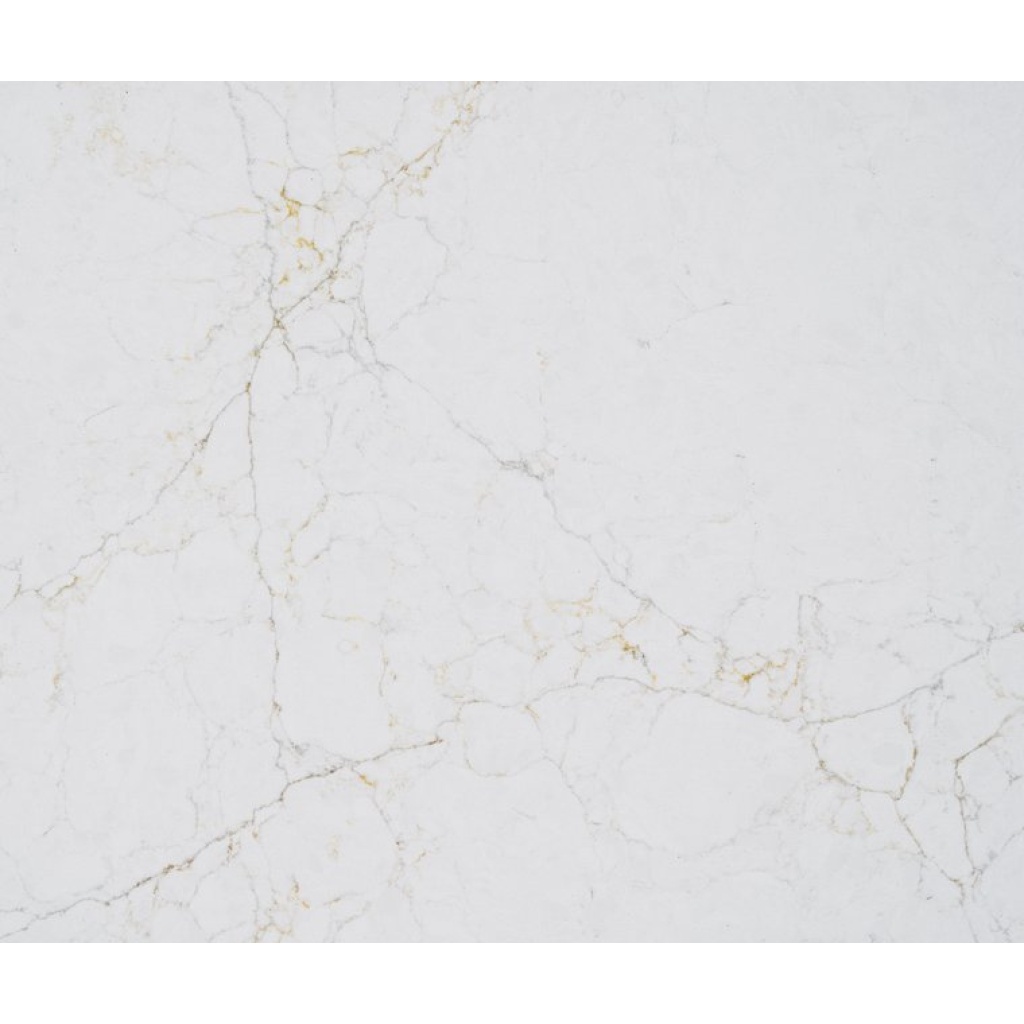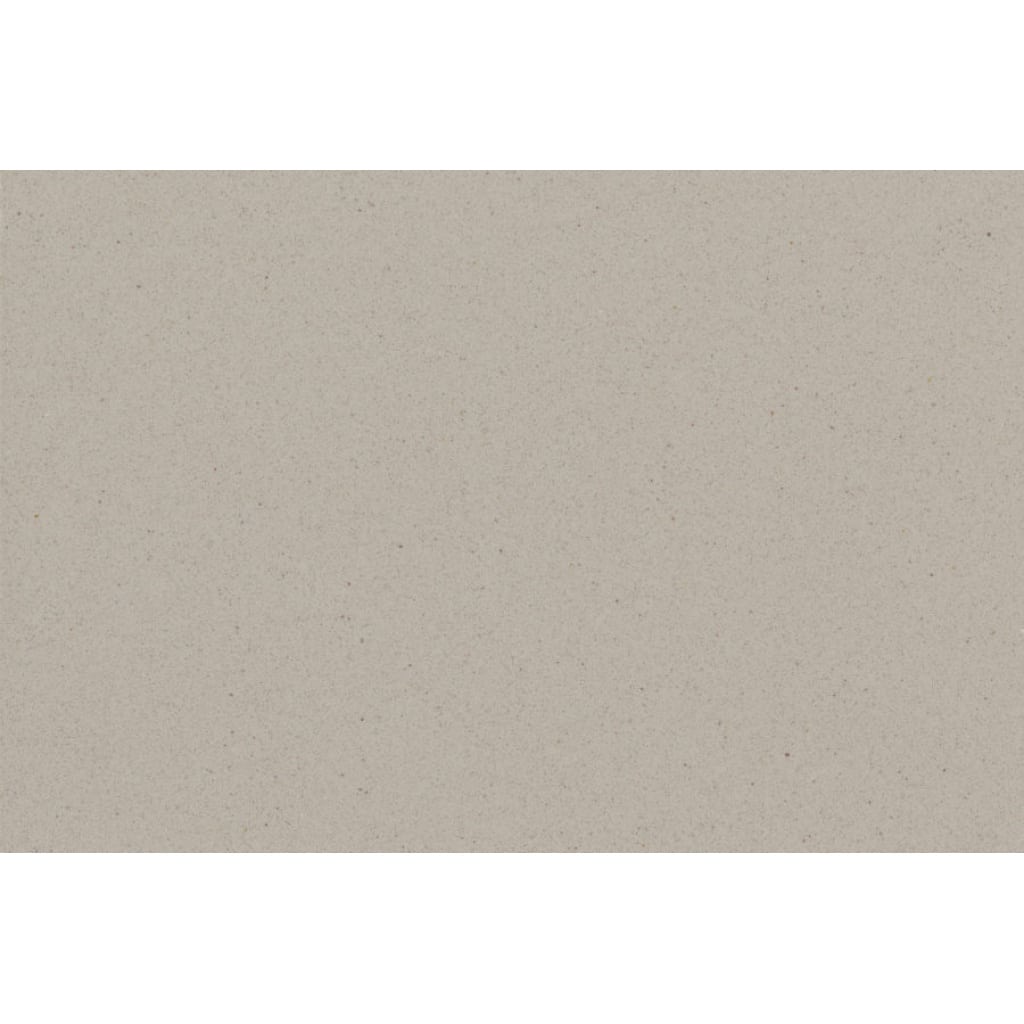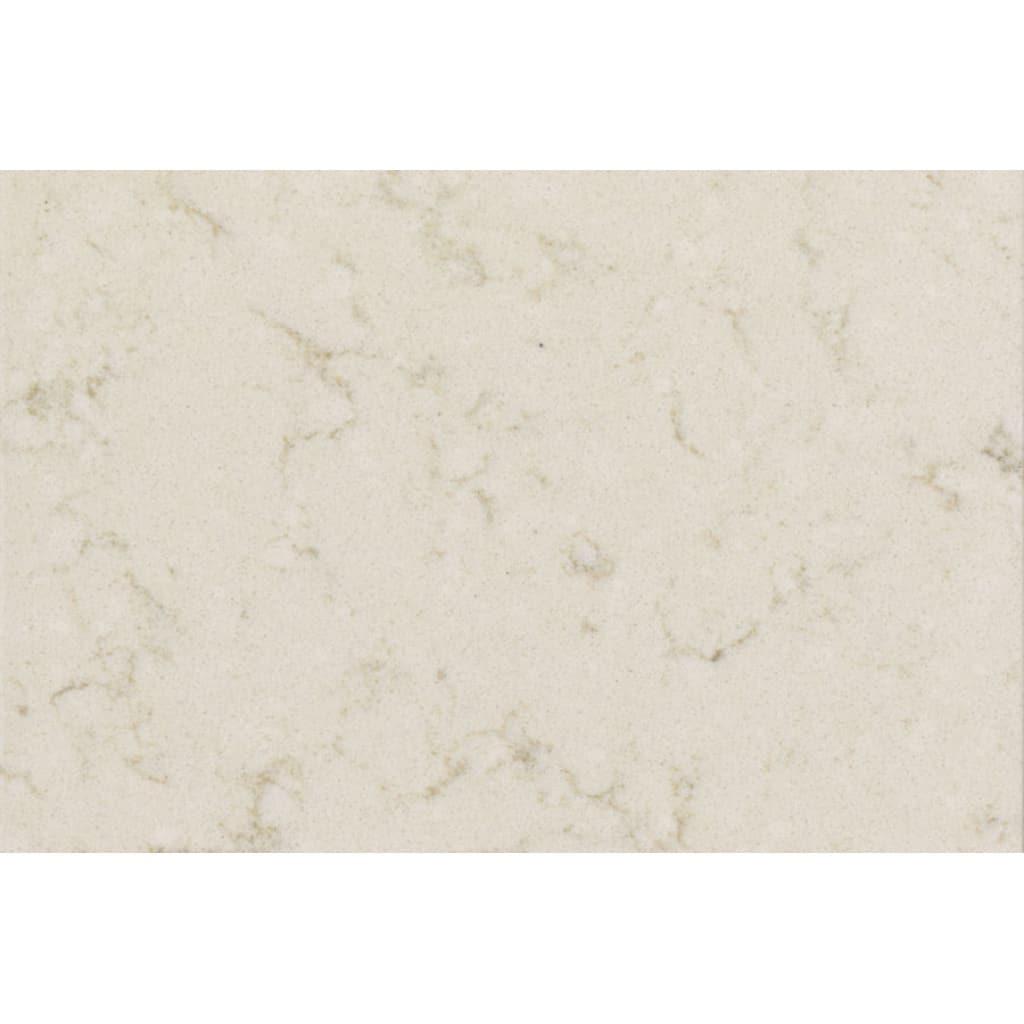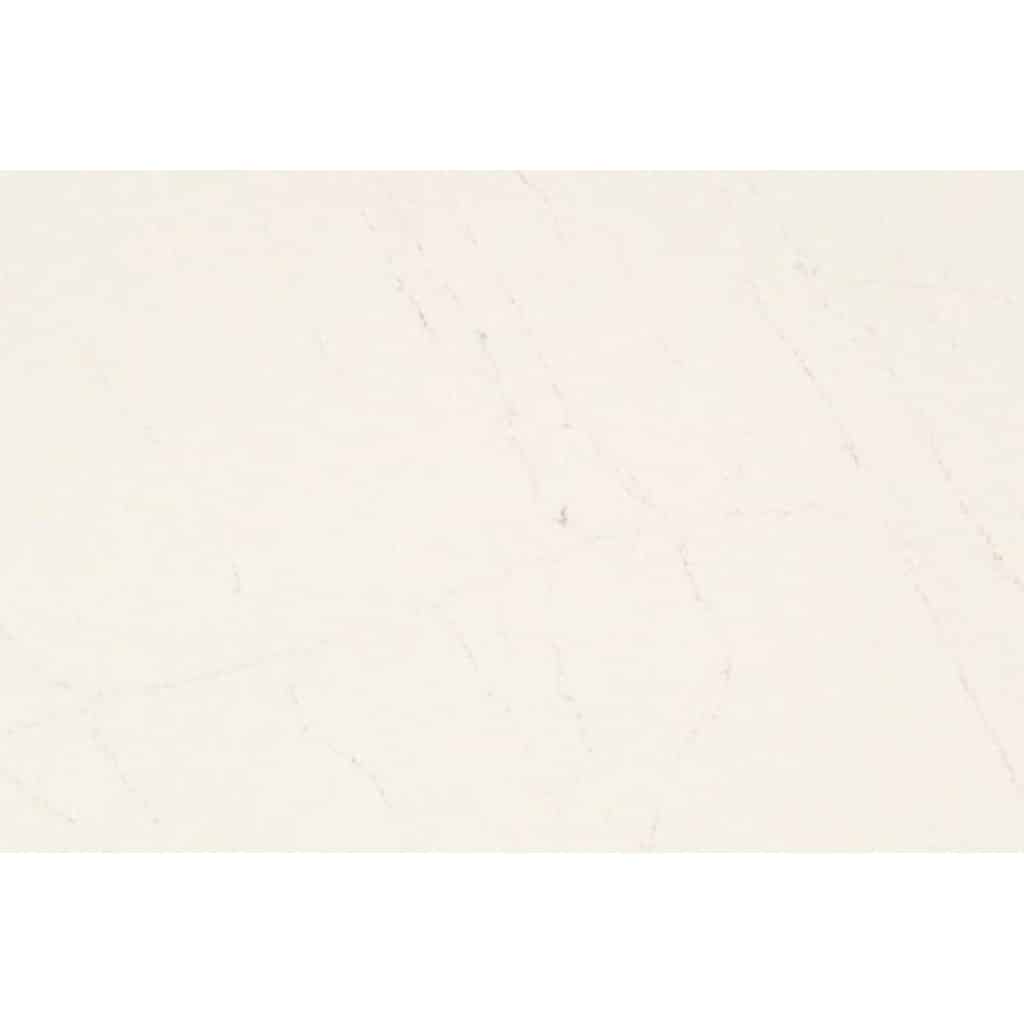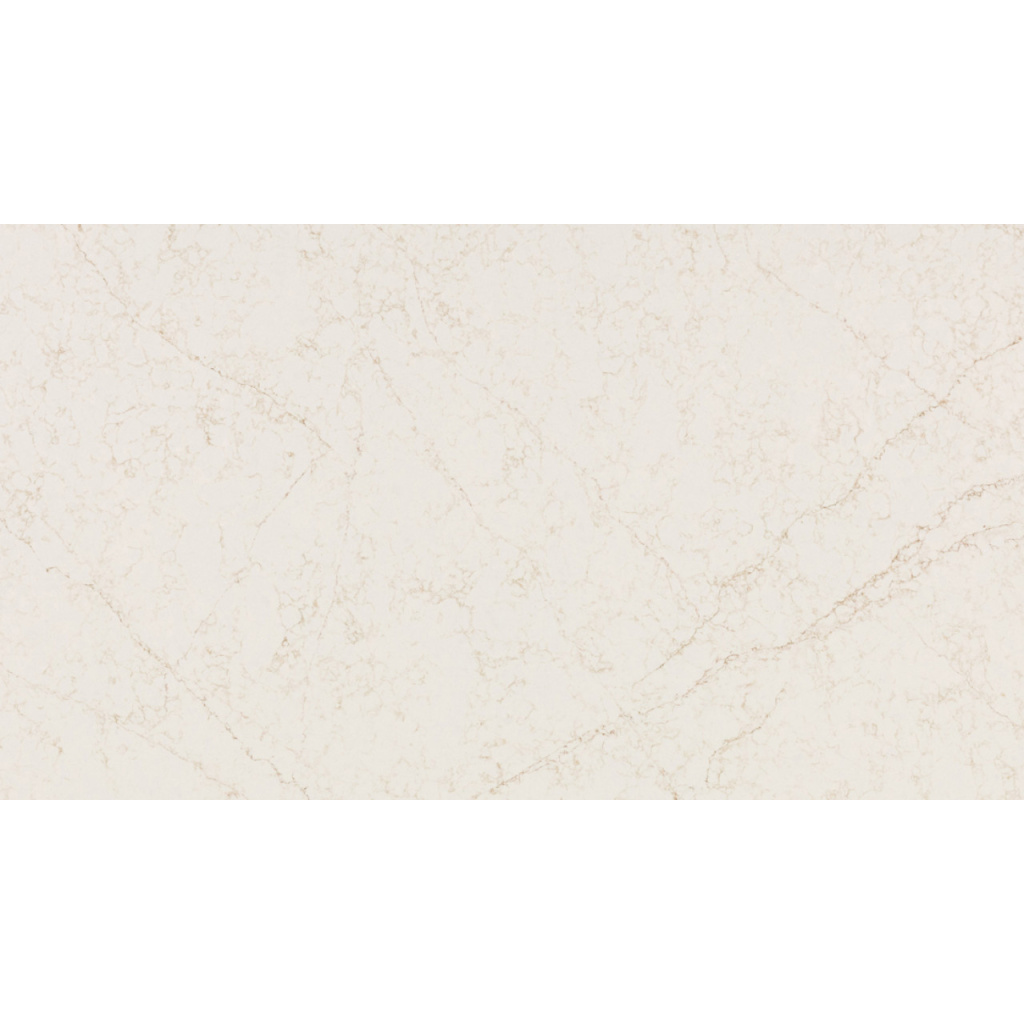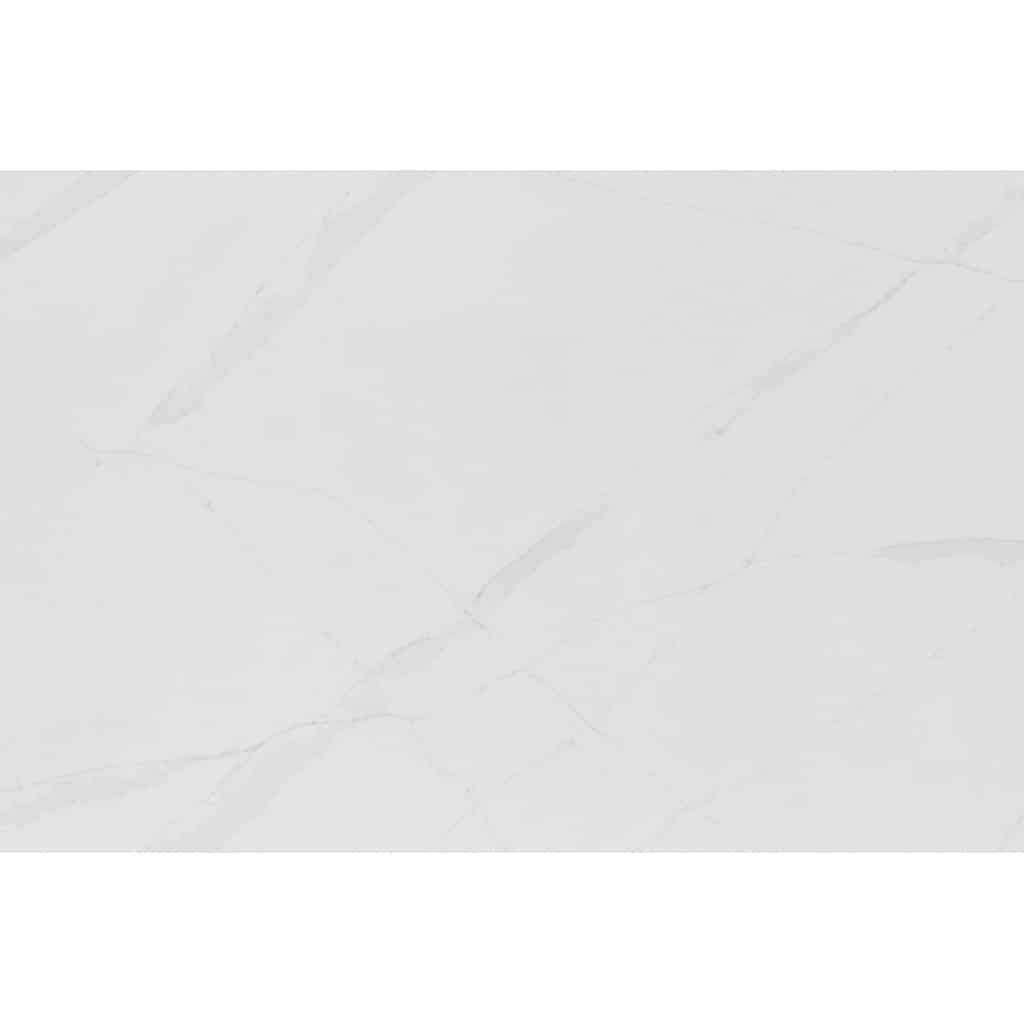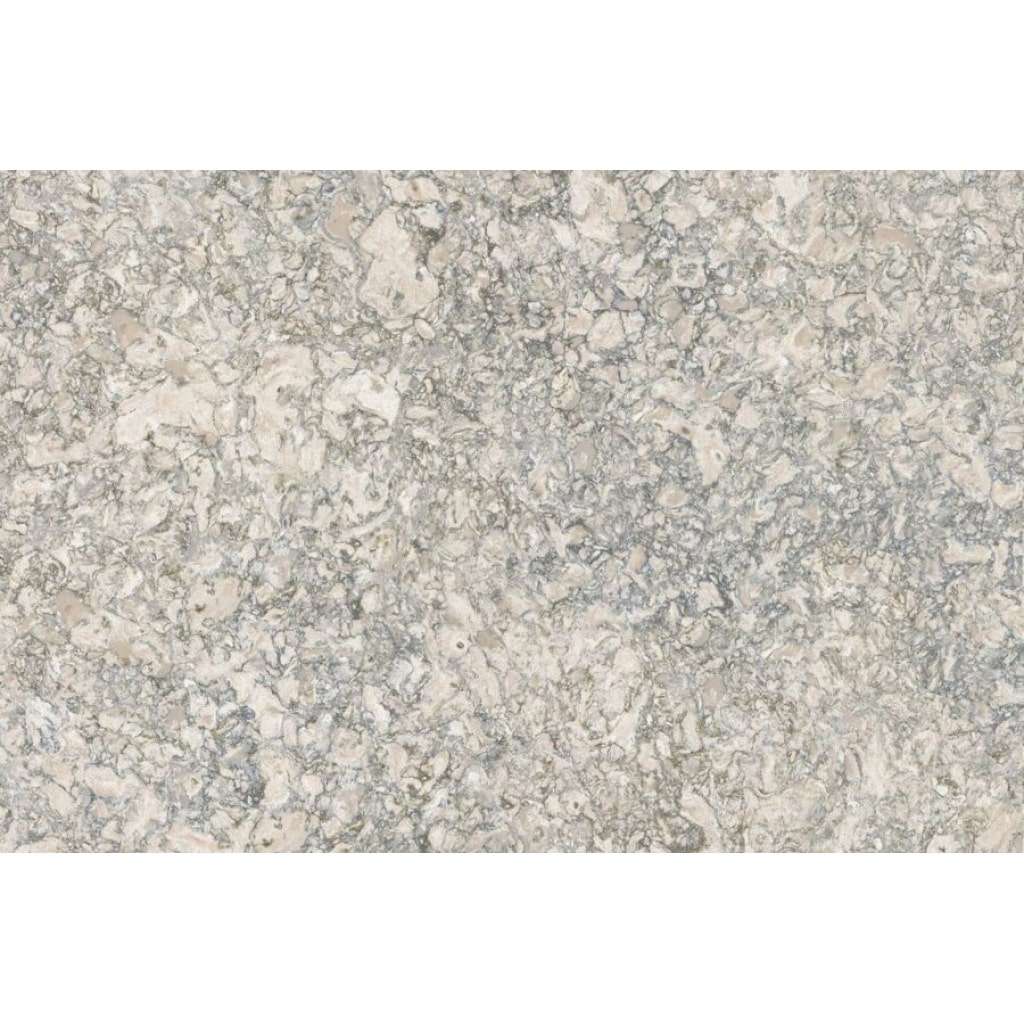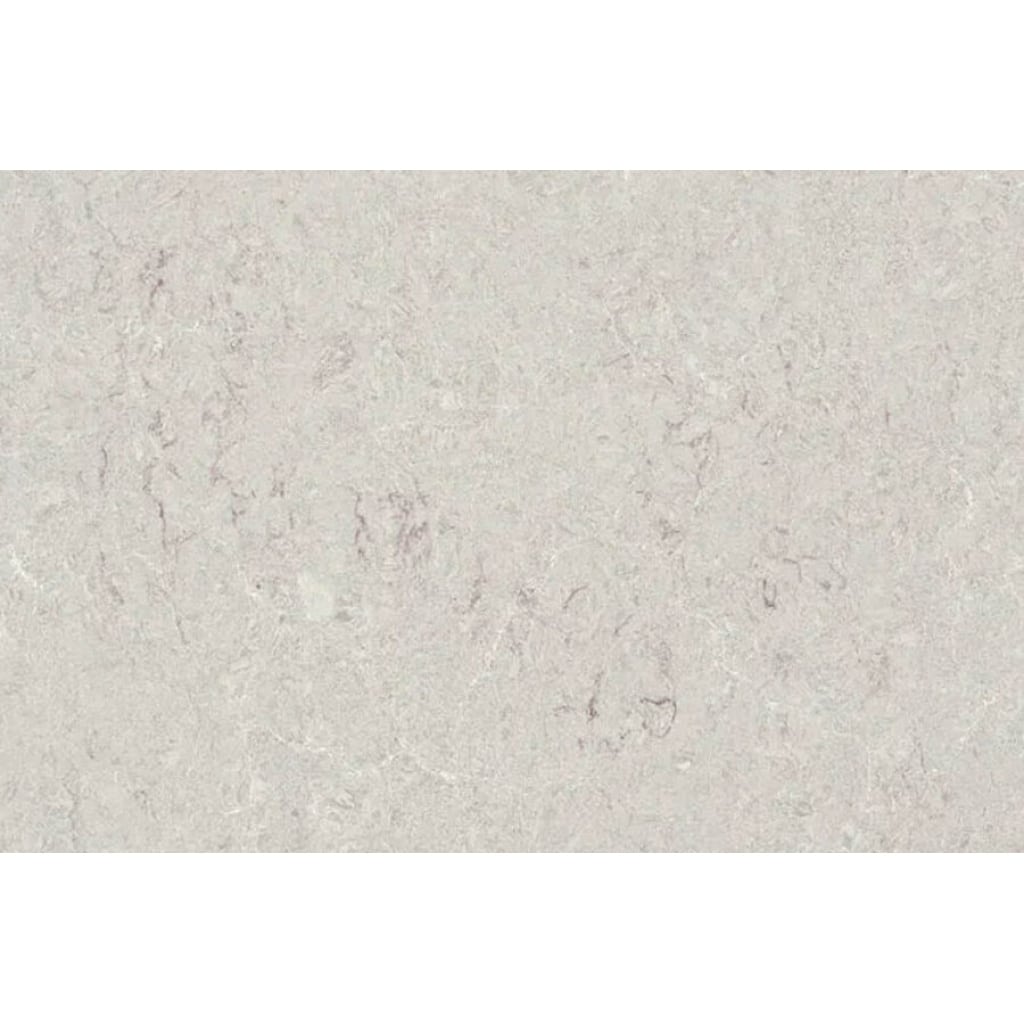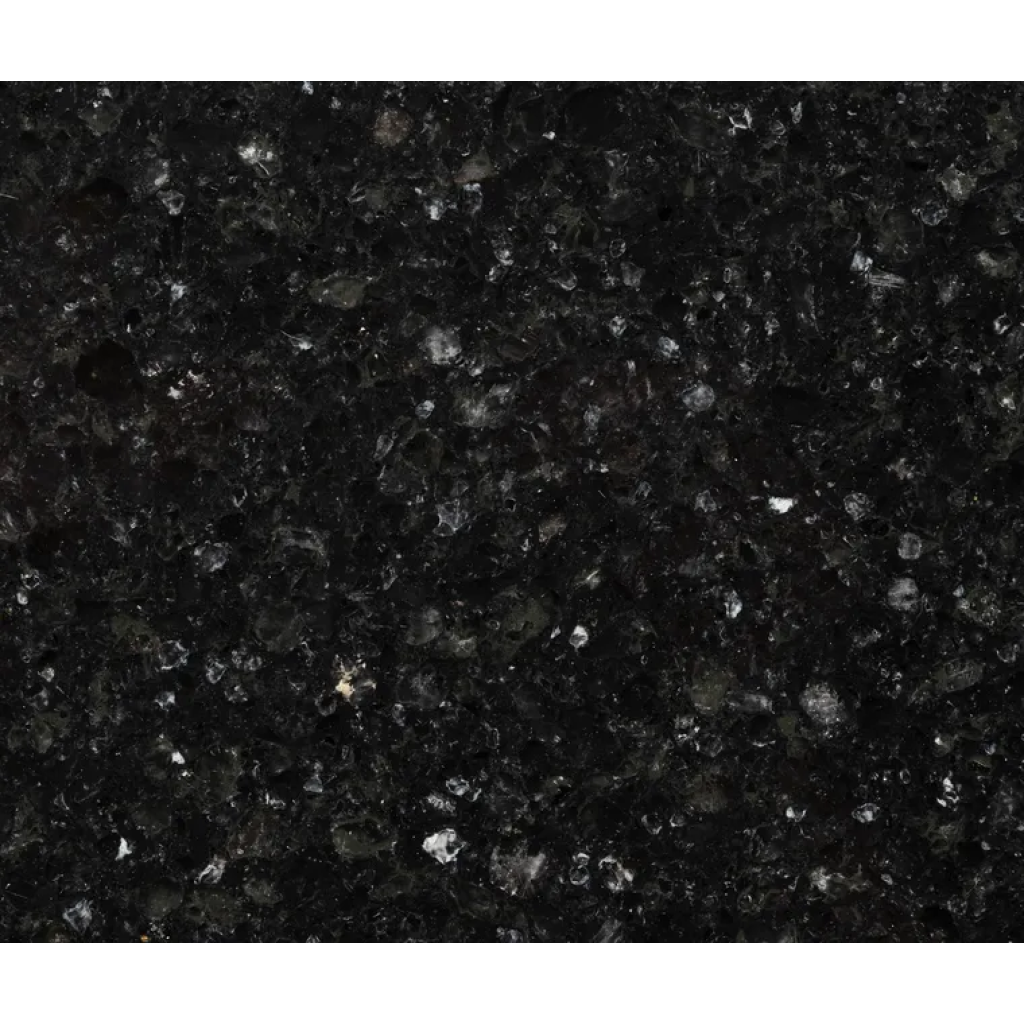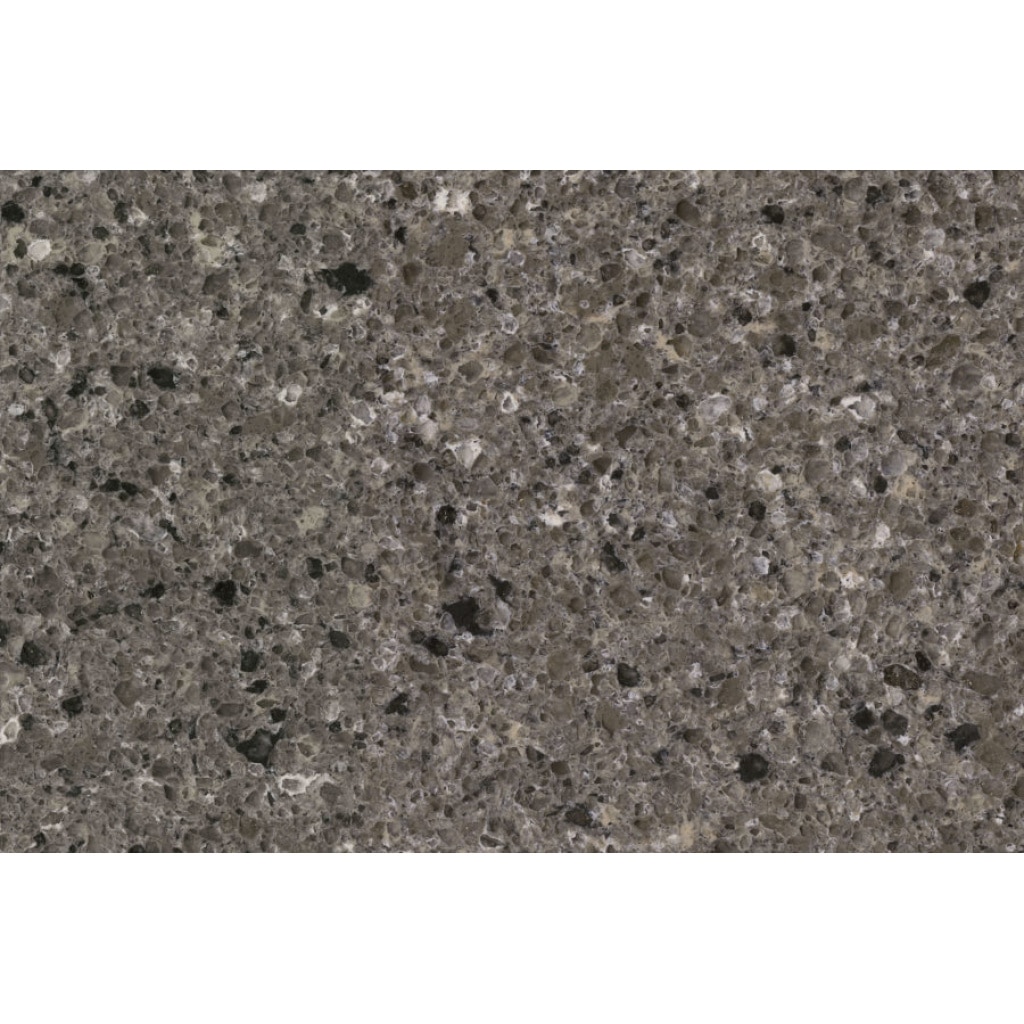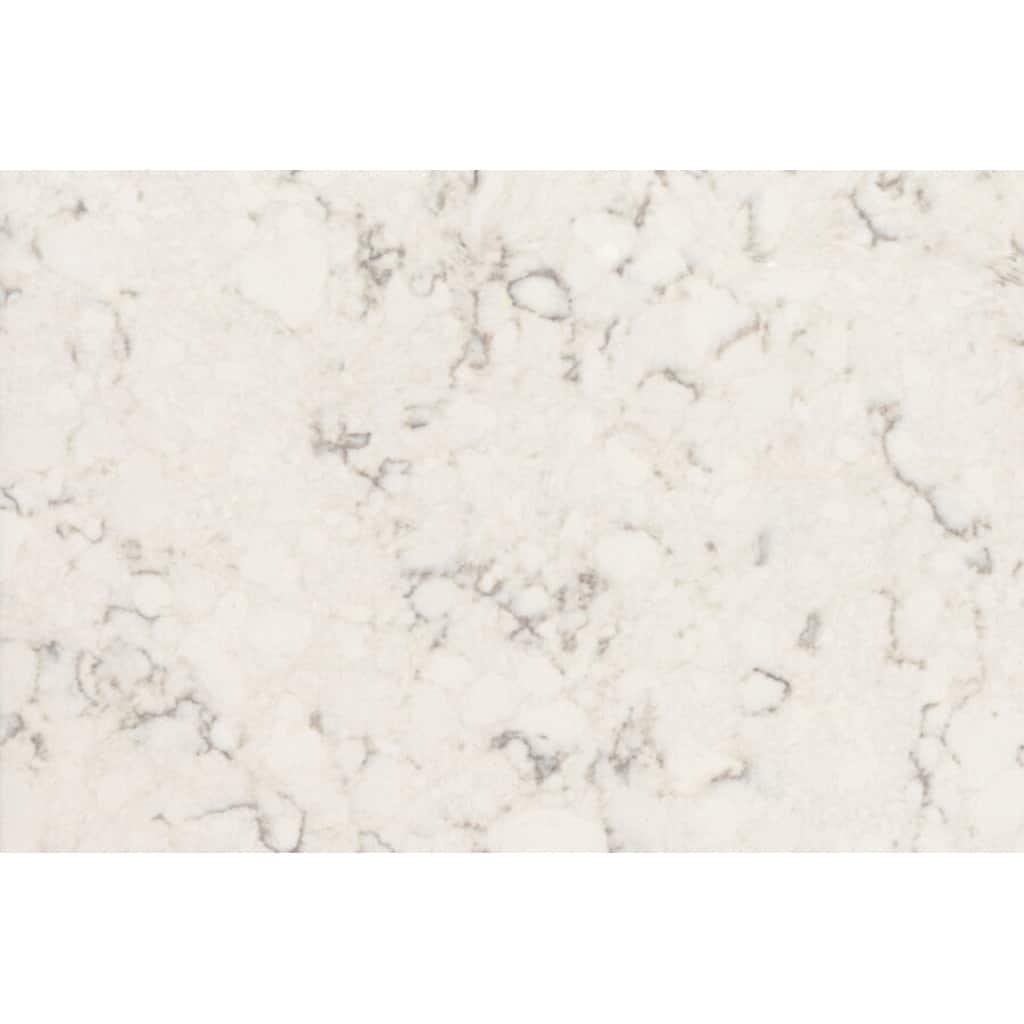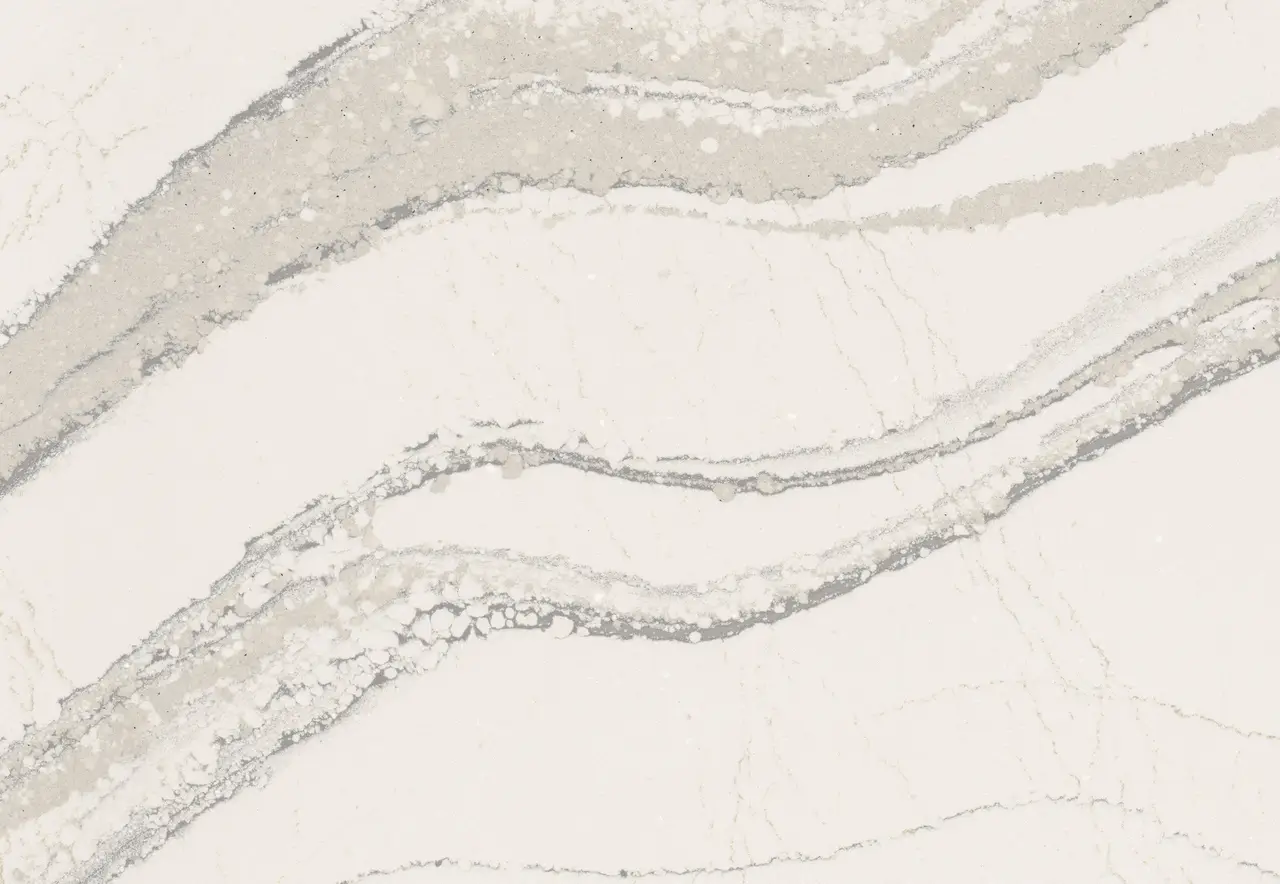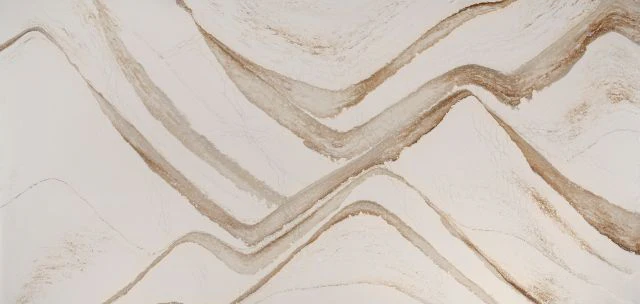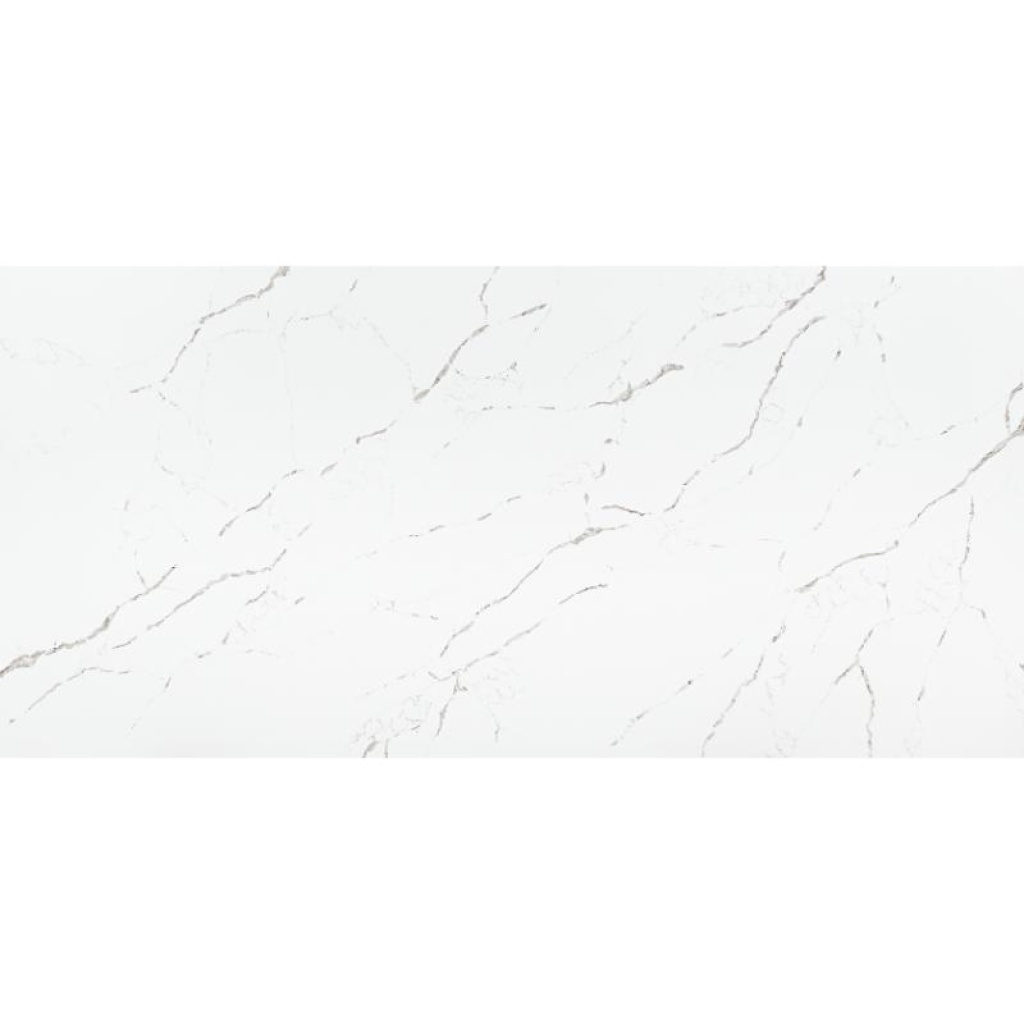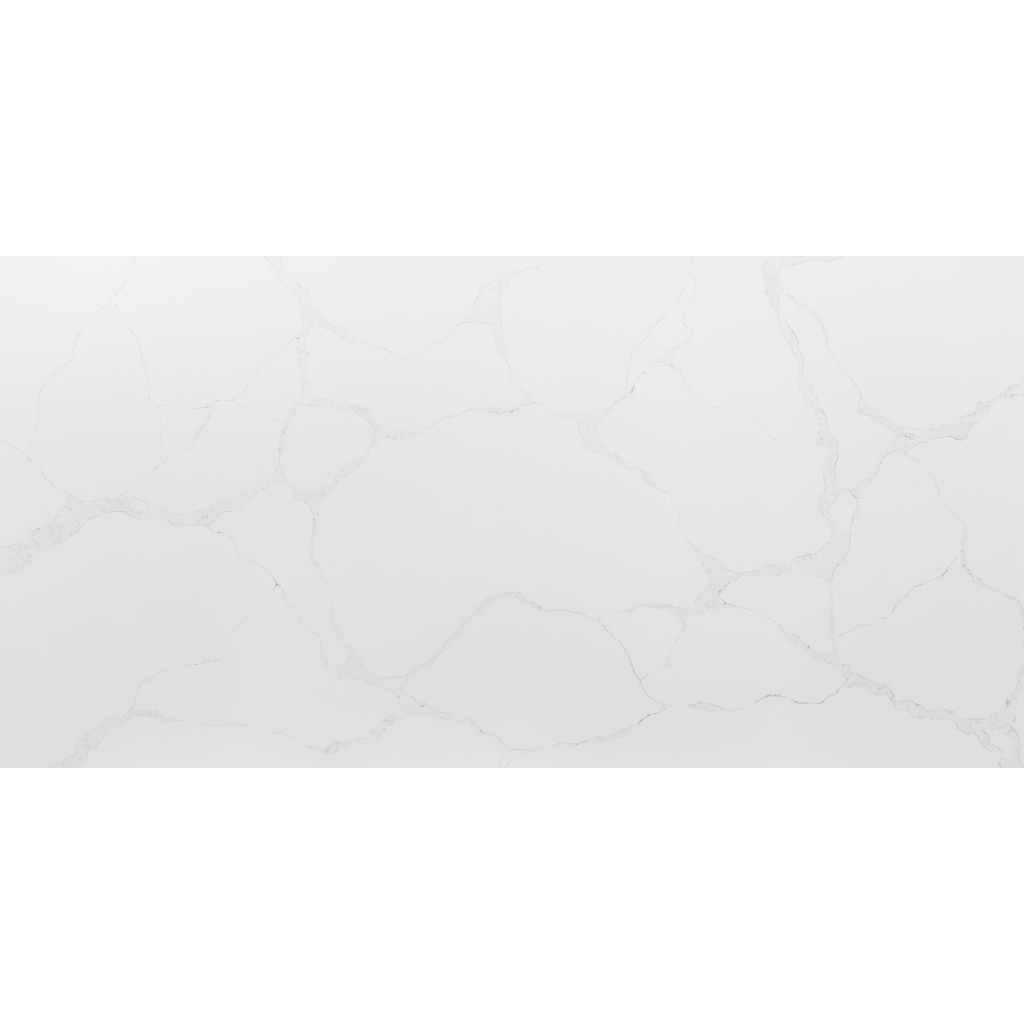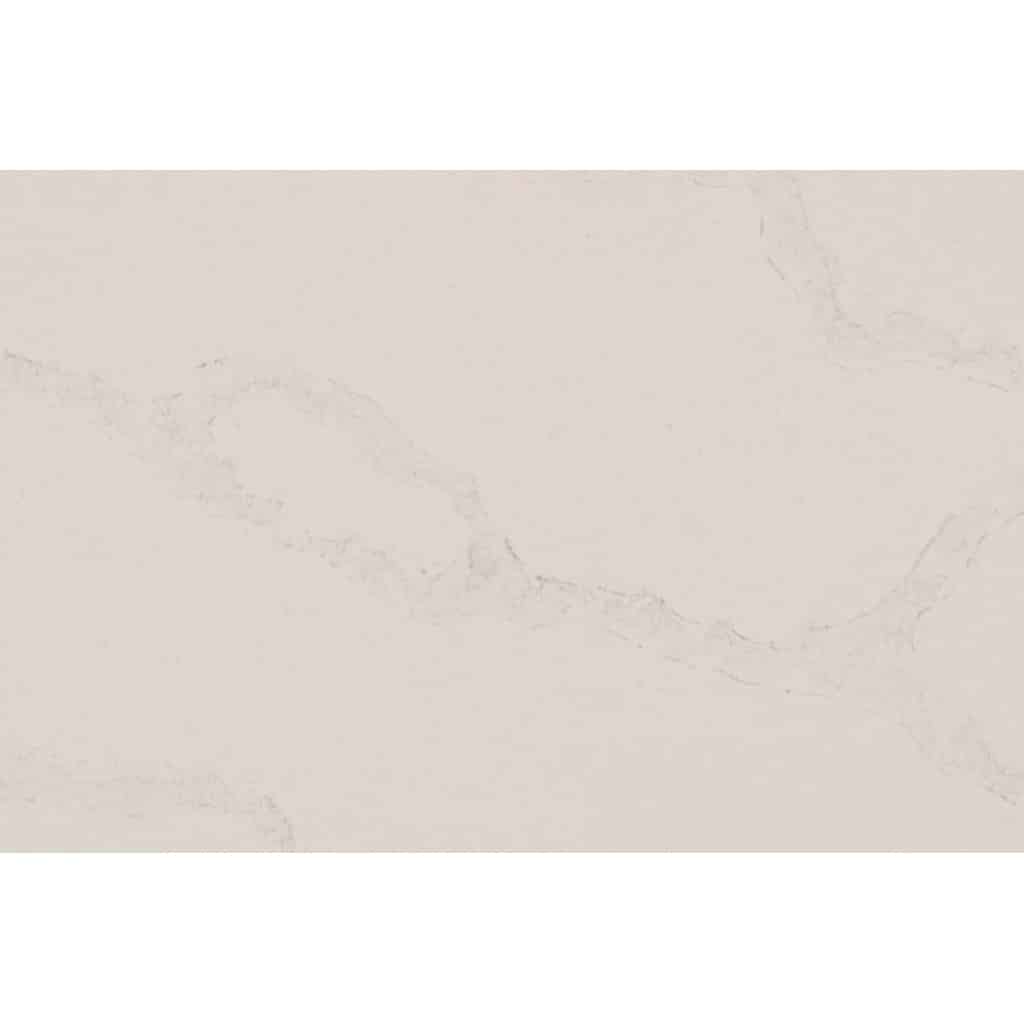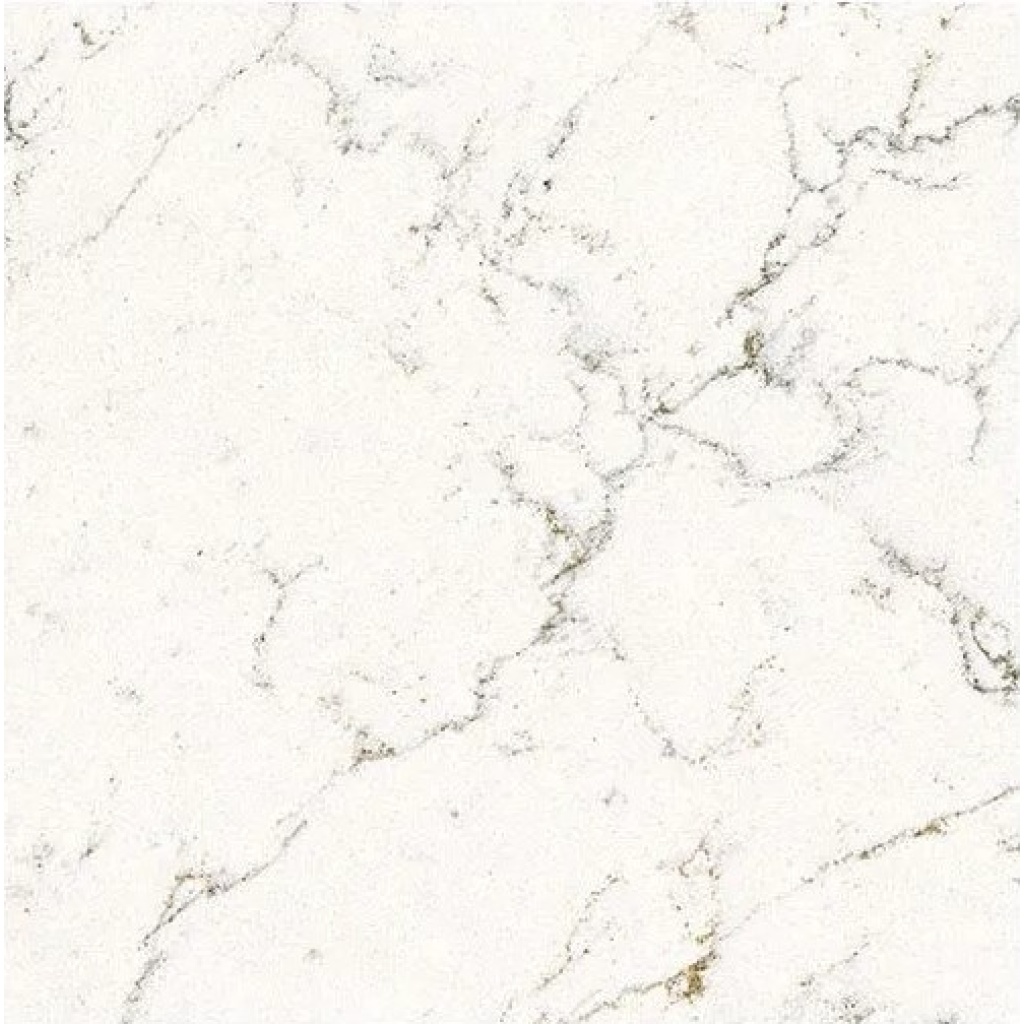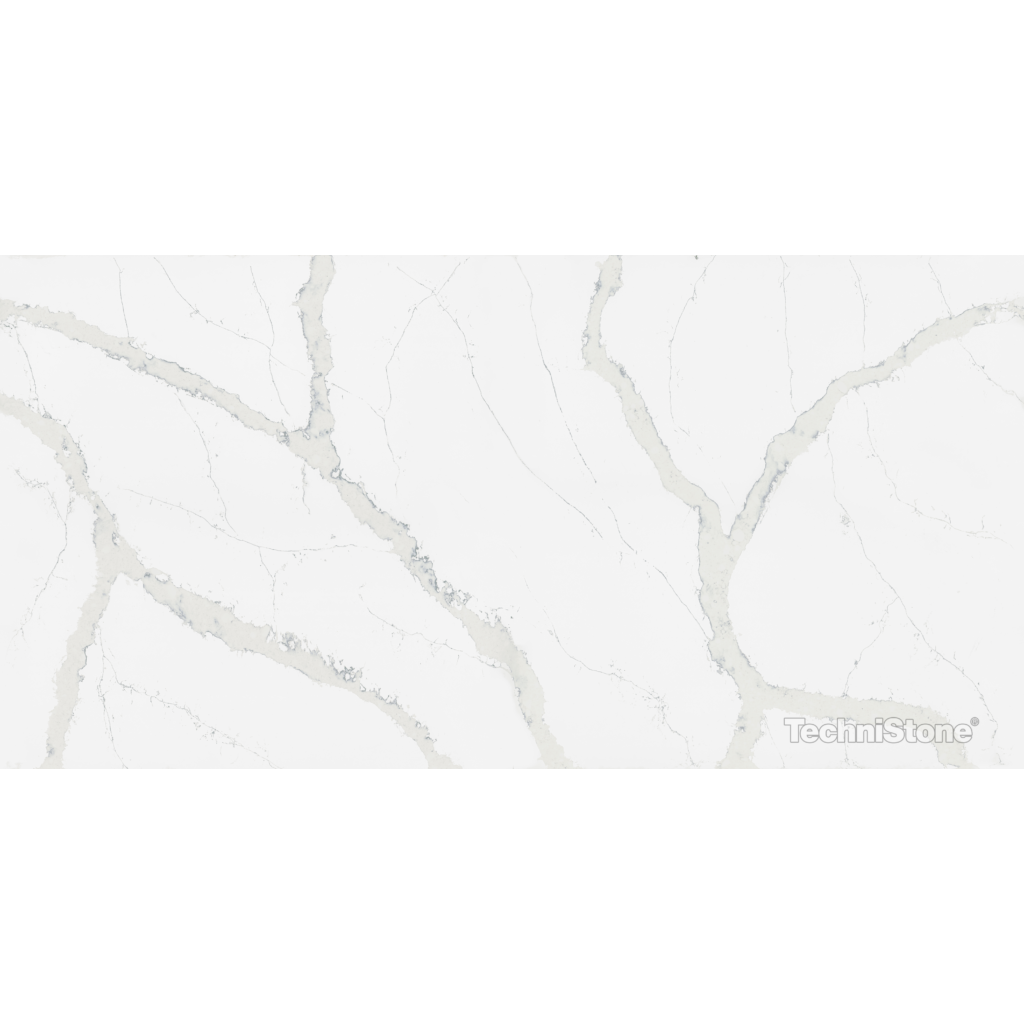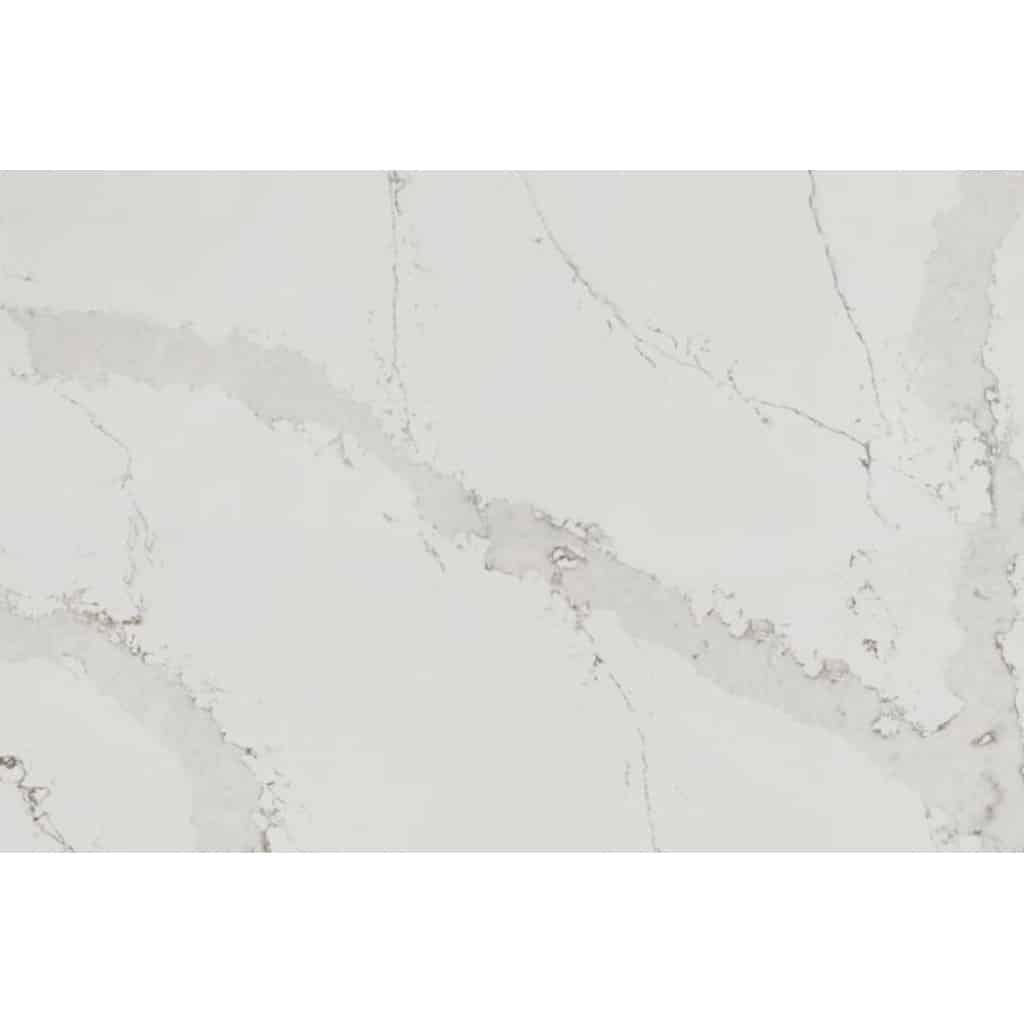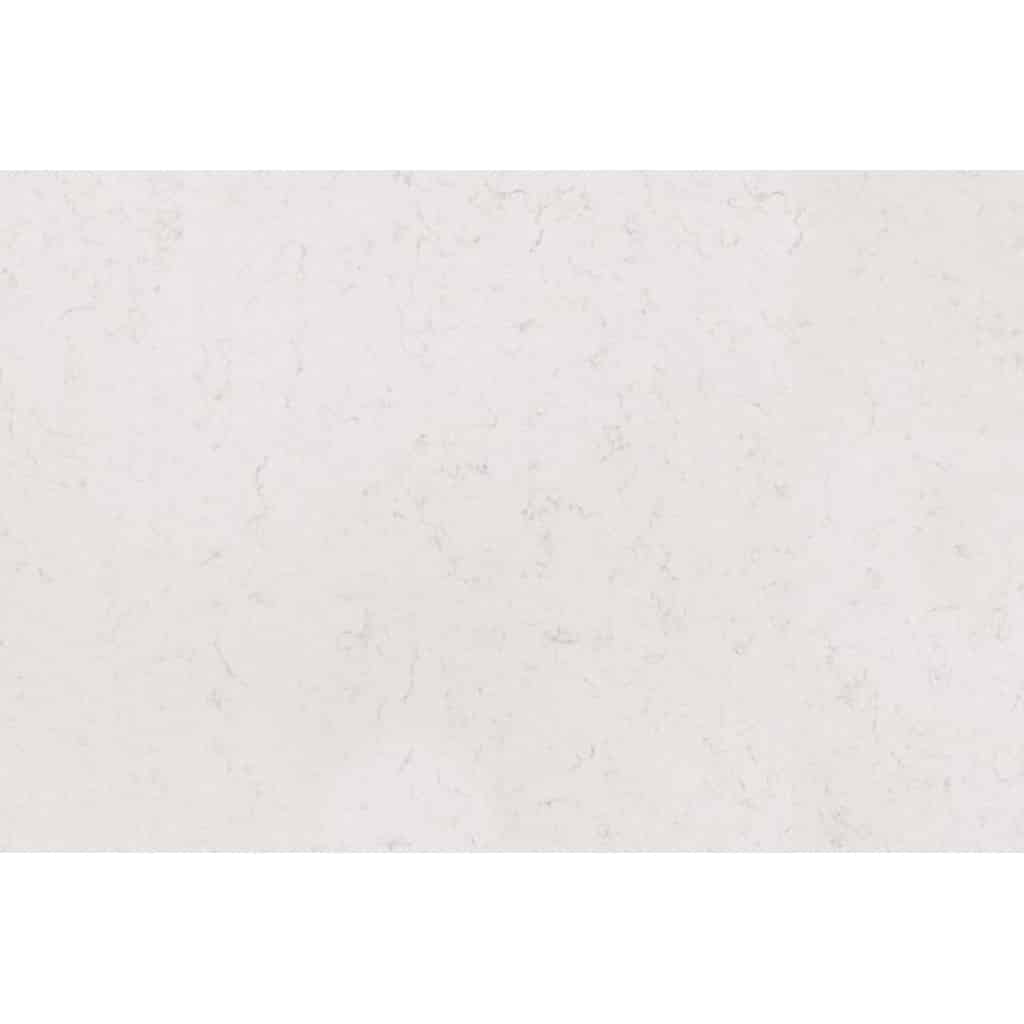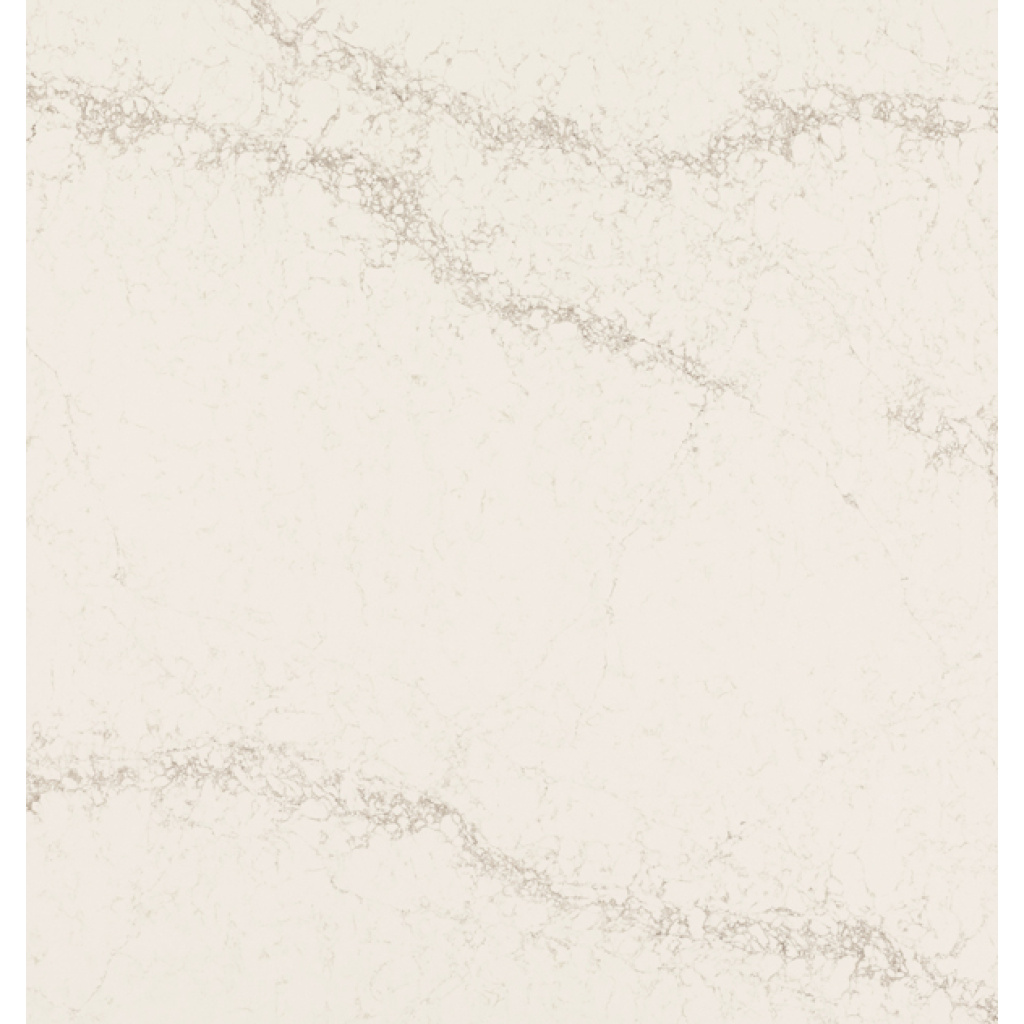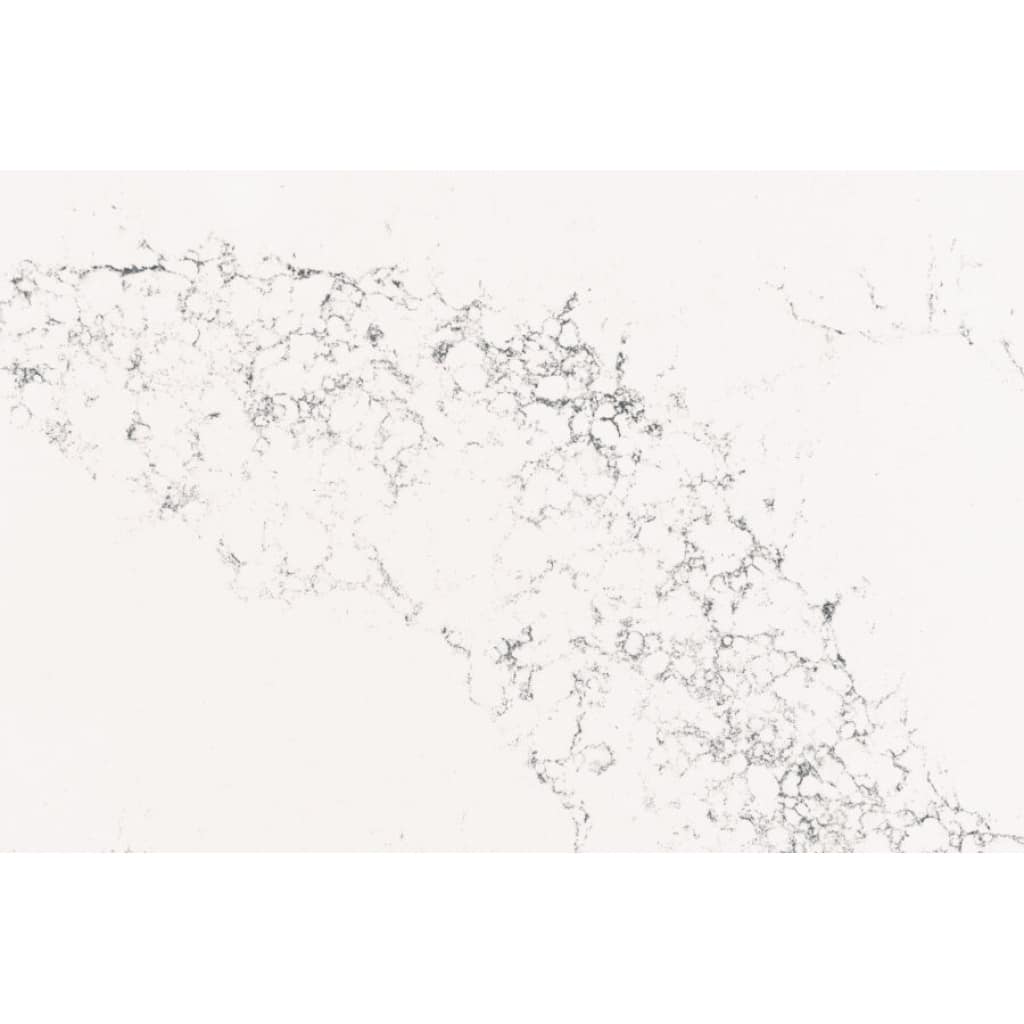Quartz Countertops
Hanstone, Silestone, Caesarstone, Q Quartz, Cambria
They are stain-resistant and never need chemical sealing or reconditioning. Quartz is a non-porous surface that makes cleaning quick and easy. Just wipe with soap and water!
What is Quartz Countertops?
It is a non-porous and natural surfaces, composed of 93% raw natural quartz, one of the hardest minerals on earth.
Quartz countertops deliver elegant beauty and supreme performance. It is an ideal choice for homeowners looking for a maintenance-free surface with stunning aesthetics.
Pure quartz is combined with pigments and resins to create slabs that are non-porous, strong, and rival the beauty of quarry stones.
It is one of the hardest minerals in the world.
Please, note that they are made out of natural quartz, as a result, variation in the natural stone color, pattern, size, shape, and shade are inherent and unique characteristics to be expected with this surface.
Free Countertop Consultation
Hanstone Quartz | 2023 | New Releases
The Most Popular Silestone Countertop Colors
The Most Popular Hanstone Countertop Colors
Quartz Countertops | FAQ
They are stain-resistant and never need chemical sealing or reconditioning. Durable: harder than granite or marble, as a result, it’s more durable and less likely to chip, scratch or stain. Low-Maintenance: it is a non-porous surface that makes cleaning quick and easy. Just wipe with soap and water! Food-Safe: it is a certified food-safe, consequently the surface will not absorb any bacteria. Beautiful: with new designs released each year, they are always on-trend.
Generally, it is very heat resistant, but it depends on “how hot” an object is. A tea kettle or a hot dish out of the microwave is typically not a threat but a 450° pot from the oven can cause damage. However, it is always better to be safe rather than sorry, so we recommend the use of a hot pad.
Under normal use, it is unlikely that it will chip. The edges are more susceptible to chipping than the middle of the surface, so if you struck with enough force (e.g., a heavy pot) a chip can occur. Such occurrences are not covered by any manufacturers warranty, but are usually repairable, depending on the size of the chip.
Just like a diamond, the value of it increases with the clarity of the stone. When it is cloudy or contains hints of blue, pink or yellow can cause countertops to have discolored patches or uneven color and depth. That’s why the Cambria and Hanstone brands rigorously test all of its products to ensure purity and clarity.
The size and shape of it will determine if a seam is required. We do our best to avoid the use of seams whenever possible, but when unavoidable our seams are consistently the best in the industry, no thicker than a business card.
It is not recommended to cut on stone surfaces. Though they are very durable and can take the abuse of a knife cutting on the surface, the best practice is to prevent any damage to the countertops or your knives and use a cutting board.
There is very little maintenance required after install. It is non-porous and never needs to be chemically treated or sealed. Mild soap and warm water is always the best method to maintain your beautiful new countertops.
1. Please have your countertops cleared prior to the installation crews arrival and have all sinks, faucets, soap dispensers, hot/cold water dispensers, cooktops, dishwashers, refrigerators, and any other appliances on-site, and out of the way. 2. If appliances and fixtures are existing, please have them disconnected and removed to prevent any accidental damages. 3. Because the material is awkward and heavy, we request that a clear path with lots of room is provided and that the workspace is vacant. 4. Finally, a decision-maker over the age of 18 (preferably the Homeowner) must be present for the duration of the install, which lasts approximately three to four hours.

Get Professional Assistance Choosing Materials and Colors
Looking for a fast and accurate countertop estimate? Simply send us a sketch or blueprint of your countertop and we will quickly provide you with a complimentary accurate estimate. Our design experts can help you choose the right material and color for your project. Schedule your consultation or request an estimate today!
|
|
FREE Design Consultation
What our Clients Say
What clients say about our work
EXCELLENTTrustindex verifies that the original source of the review is Google. The tradesman were great. Any issues were solved on site and in an expedient manner.Trustindex verifies that the original source of the review is Google. Process from start to finish was spot on! Our installer Corwyn, was polite and great to work with. And the best part? New kitchen counters look amazing!Trustindex verifies that the original source of the review is Google. Countertops are great. Was disappointed at the damage to one wall corner. This was caused when they first attempted to fit in the main countertop but unfortunately was cut too long and scraped the wall!Trustindex verifies that the original source of the review is Google. Great service !! Very knowledgeable and helpfulTrustindex verifies that the original source of the review is Google. They were a bit early, did a good job but I found screws and dried glue in the lower cupboards. They could pay more attention to cleanup. Otherwise 5 stars.Trustindex verifies that the original source of the review is Google. Great knowledgeable staffTrustindex verifies that the original source of the review is Google. Very pleased with the prompt service and good communication regarding set up. Very pleased with our Quartz countertop. The installer Corwyn was very clean and professional.Trustindex verifies that the original source of the review is Google. Great people, very good service 👏 👍 Very good workmanship Fast manufacture
Choose Your Appointment Type
In Home | on site | Virtual
In-Home Appointment
- Comfort of your home
- Our rep measures for you
- Quote on-site
- See samples in your actual space
Showroom Appointment
- In our beautiful showroom
- Bring measurements with you
- Quote onsite or within 24 hours
- See larger samples in our showroom
Virtual Appointment
- Video/phone conference call
- Comfort of your home
- Bring measurements with you
- Quote within 24-48 hours

Please complete the above form to submit your request. We will be in touch within 24 hours to set an appointment for a consultation.



